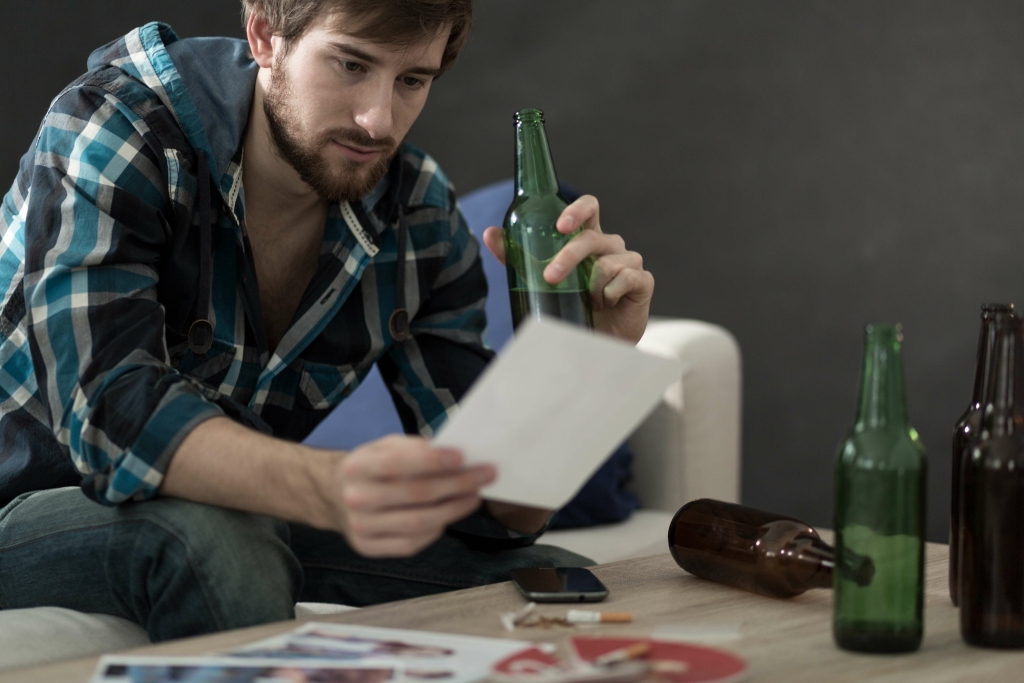Research shows that people with alcoholism find it difficult to recover from traumatic events. This is possibly because of the effects of alcohol abuse, which can actually change brain activity. The sense of relaxation you feel when you drink can often be attributed to your blood alcohol content (BAC).
- A skilled therapist will assess your anxiety levels and panic attacks and be able to create a treatment plan that addresses these issues.
- Also, when a person is prone to panic attacks or other related states, particular precaution has to be taken into account.
- They usually start when people are in their twenties but can also happen to teenagers.
- Thus, small things may easily upset them, and certain words or actions may be misunderstood.
Their mind is overloaded with worrying thoughts and fears, even of things that do not present any clear and immediate danger. Exposure therapy may also manage the internal responses to panic attacks, such as increased heart rates and dizziness. Regardless of the circumstances from which panic attacks emerge, it is widely accepted that these encounters can seriously disrupt daily, social, and even work life. In this guide, we’ll be examining what may be responsible for panic attacks, ways to recognize symptoms of this disorder, as well as possible treatment methods for the condition. It’s important to seek medical treatment, like medication and psychotherapy, if you’re having frequent panic attacks.
Signs It’s Time To Give Up On An Alcoholic Spouse
Do you ever notice yourself feeling a little out of sorts the day after you drink? Anxiety seems to be a bedfellow of alcohol — and for many reasons. However, if there is a chance that you are physically or psychologically addicted to alcohol then you should not attempt to stop drinking without professional support. Patient aims to help the world proactively manage its healthcare, supplying evidence-based information on a wide range of medical and health topics to patients and health professionals. Drinkaware UK provides some useful online tools to help you to reduce your alcohol intake.

Although there is no evident source for anxiety, these symptoms are interpreted by the brain as stress and worry due to biofeedback. Thus, small things can alcohol cause panic attacks may easily upset them, and certain words or actions may be misunderstood. Something that would normally be ignored will now trigger paranoia and panic.
My Story With Alcohol and Panic Attacks
Even if you’re consuming a standard amount of alcohol — a 12-ounce beer or a 5-ounce glass of wine — you’ll experience a mild detox or withdrawal. It takes your body and liver about eight hours to remove what’s essentially a poison. As this is happening, it can affect your central nervous system and cause you to feel jittery or anxious. This is a slippery slope that can easily spiral into a devastating addiction, make your panic attacks and anxiety worse in the long term. If you’re someone who is prone to panic attacks when there is no obvious external trigger, dealing with the stress of mistakes can make having one more likely. This is especially true when coupled with the physiological symptoms of drinking.
